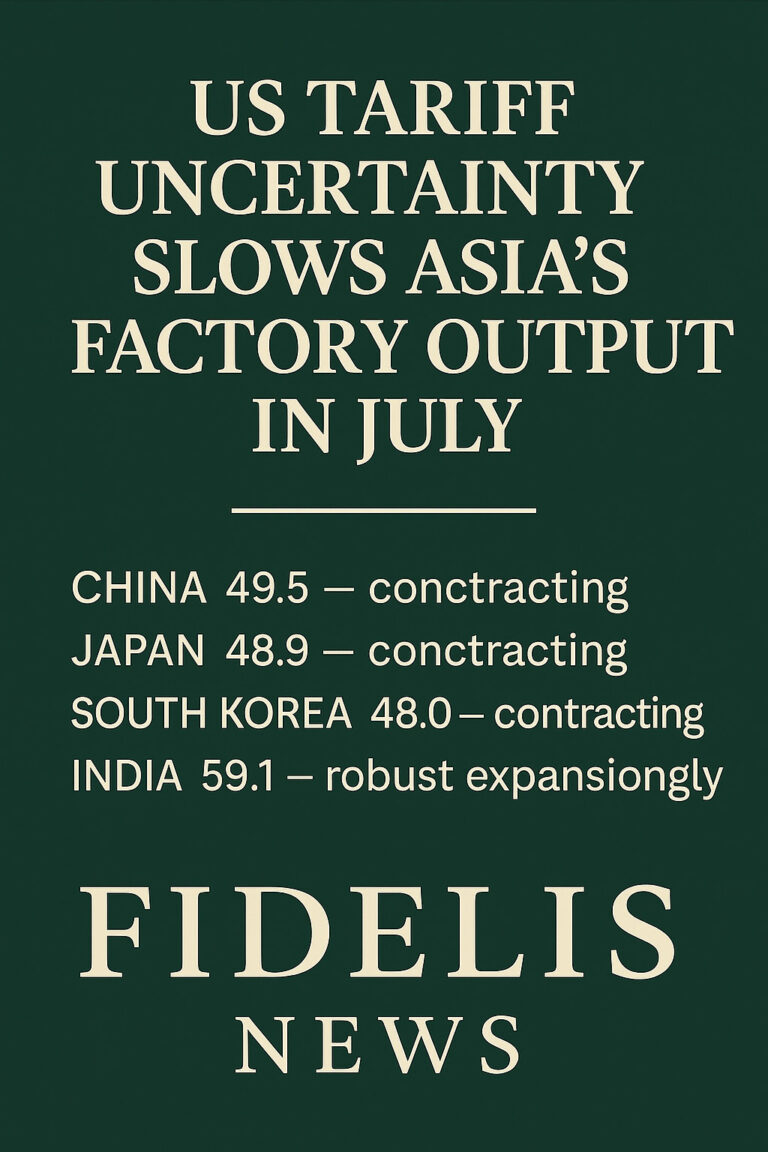Panama Tightens Offshore Tax Rules While Expanding Residency Incentives in 2025
Panama has once again entered the global spotlight in 2025 with a set of sweeping changes to its offshore tax regulations and residency incentive programs. The dual-track reforms aim to balance global compliance with investor attraction—tightening foreign income loopholes while offering more flexible paths to residency and second citizenship.
New Offshore Tax Rules in Panama: What’s Changing?
As of July 2025, Panama has introduced tighter definitions around “source income” for offshore companies. Under the revised law:
- Income generated from foreign sources but processed or managed within Panama may now be taxable.
- Shell companies with no real economic substance may face stricter reporting obligations.
- Foreign-owned companies must submit annual economic activity reports and comply with enhanced transparency rules.
The move comes amid mounting pressure from the OECD and FATF to crack down on tax avoidance. While Panama remains a low-tax jurisdiction, these changes signal a strategic shift toward “cleaner” offshore operations.
Residency Incentives Expanded: Easier Paths for Expats
Alongside the tax changes, Panama has unveiled a new suite of residency reforms designed to attract:
- Digital nomads
- Remote entrepreneurs
- Retirees and permanent migrants
The Friendly Nations Visa—one of the most popular expat routes—has been simplified. Applicants can now qualify with:
- A remote work contract or online business registration
- Proof of income exceeding $1,000/month
- A one-time application fee and biometric data submission
Meanwhile, the Pensionado Visa remains unchanged, continuing to offer one of the world’s most generous retirement packages.
Why These Changes Matter in 2025
These dual changes—tightening tax rules while loosening residency paths—are part of Panama’s long-term strategy to remain competitive in a shifting global economy. With global banking scrutiny increasing, Panama is positioning itself not just as a tax haven, but as a legitimate, secure home base for international families and digital professionals.
Expats and Businesses: What to Watch For
For expats, this could mean more opportunities to secure a stable, tax-efficient life in Central America. For offshore firms, it means higher compliance—but also more clarity. Experts suggest:
- Reviewing legal structures by Q4 2025
- Considering Panama for residency and long-term planning
- Using licensed legal and financial advisers to remain compliant
Panama in Context: Geopolitical and Economic Outlook
Panama’s neutral stance, geographic safety, and strong banking infrastructure continue to make it a preferred destination in 2025—especially for those looking to de-risk from unstable regions in North America, Europe, or the Middle East.
With its canal-driven economy and deep ties to global shipping and finance, Panama is uniquely placed to attract entrepreneurs and expatriates—particularly those seeking Plan B options outside high-tax Western democracies.
Conclusion: Still a Hub—Just More Regulated
Panama is not closing its doors to offshore investors—it’s refining the rules. The message is clear: Bring real value, play fair, and you’re welcome.
As 2025 unfolds, those watching for safe, stable, and financially flexible jurisdictions would do well to keep Panama at the top of their list.



